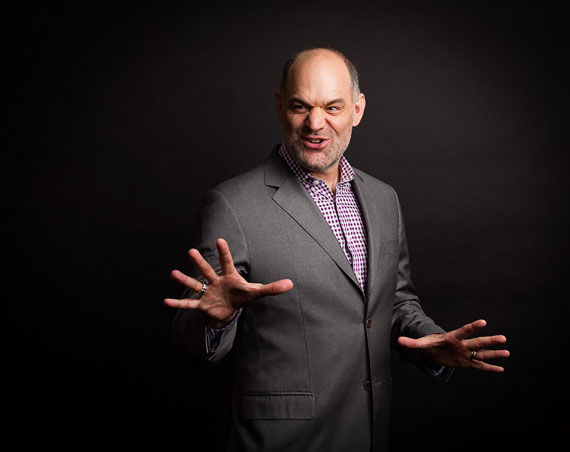Click here to download this episode
 This episode is part 1 of my interview of Jerry Durham, co-owner of San Francisco Sport and Spine Physical Therapy who transitioned his 3-clinic practice completely out of network with all 3rd-party payors except Medicare. We cover a wide variety of topics surrounding the transition out-of-network. More specifically…
This episode is part 1 of my interview of Jerry Durham, co-owner of San Francisco Sport and Spine Physical Therapy who transitioned his 3-clinic practice completely out of network with all 3rd-party payors except Medicare. We cover a wide variety of topics surrounding the transition out-of-network. More specifically…
In this episode, you’ll learn about:
- How Jerry entered his private practice partnership and the 2 keys for choosing a great business partner
- Some of the key lessons learned and mistakes made during 13 years in private practice
- The Key Performance Indicators he pays attention to in his business, and why he transitioned his practice from in-network to out-of-network (OON)
- How his billing team still has a key role in his business even though the clinic is OON – especially in terms of customer service
- The most important things to do when dropping an insurance contract
- How to discuss your transition OON with referring providers to minimize loss of referrals
- Why he does not notify former patients when he has gone out of network with their insurance
- How he goes about finding, interviewing, and training office coordinators, sales staff, and PT staff
Resources and Links mentioned in this episode:
- The E Myth – by Michael Gerber
Interested in the cash-based private practice model?
Click Here to learn how to start your own Cash-Based Practice
Let us know if you enjoyed the show:
[Click to Tweet] Thank you @Jerry_DurhamPT for being an awesome guest on the Cash-Based Practice Podcast w/ @DrJarodCarter







Jarod and Jerry,
Thanks for a great podcast, listed to it twice in order to absorb all the valuable information. Looking forward to part two.
Justin
Thanks so much, Justin. Glad you enjoyed it and found the info useful. Part 2 coming up soon!
Outstanding, heading off to part 2 now!
I just finished listening to this today. It was perfectly timed as I got into a discussion with a new patient. She followed me from the previous clinic that I was employed by and was In-Network. Today she saw me for the first time (knowing that I am cash-pay). She paid for her session, but voiced her objection and resistance to my choice to go Out of Network. I explained my rationale for my choice was due to declining reimbursements (Colorado is one of the worst states), and the difficulty/inability in maintaining a successful business while practicing the high quality care and time spent with patients that I value.
This podcast really helped me be more succinct with my vocabulary and explanation. At the end of the day, she’s not happy about paying it, but she still does and will because she can’t find the kind of care I provide elsewhere. Hopefully with time, she will see the value and be glad to do whatever it takes to receive what she wants and needs. There is still so much resistance with many folks to being Out of Network, and I think Jerry did a great job in paving the way in making OON Providers be not only accepted, but sought out. I really appreciate the vocabulary, clarity and passion for what it is we want to provide – a choice for the best quality care.
So glad the episode was helpful, Renee! Thanks for listening
This podcast was very helpful. Thanks. I am in a unique situation, in that, I have previously worked for private practices who have contracts with Medicare and private insurance companies, but now that I am no longer working for them and going to start out on my own, I don’t think I have to worry about transitioning out of network since I was always working FOR a practice who had contracts with the insurances…..correct?
Along the same lines, I am currently enrolled with Medicare, but with my cash practice that I am going to start, I won’t be treating Medicare patients in my area. Since PT’s can’t “opt out”, would you recommend the “Voluntary Termination” with Medicare? Or are there any negatives or legal issues with keeping my enrollment with Medicare as “dormant” since I won’t be working with Medicare patients.
Thanks for your help! I don’t know much about the insurance side of things, and am just trying to figure it all out.
Hi Katy,
If you’re not seeing a single Medicare patient, I guess I don’t see any reason why keeping the enrollment would be a bad thing, but this is probably one of those things you should double check with a good attorney. I myself would probably terminate it just in case.
Jarod